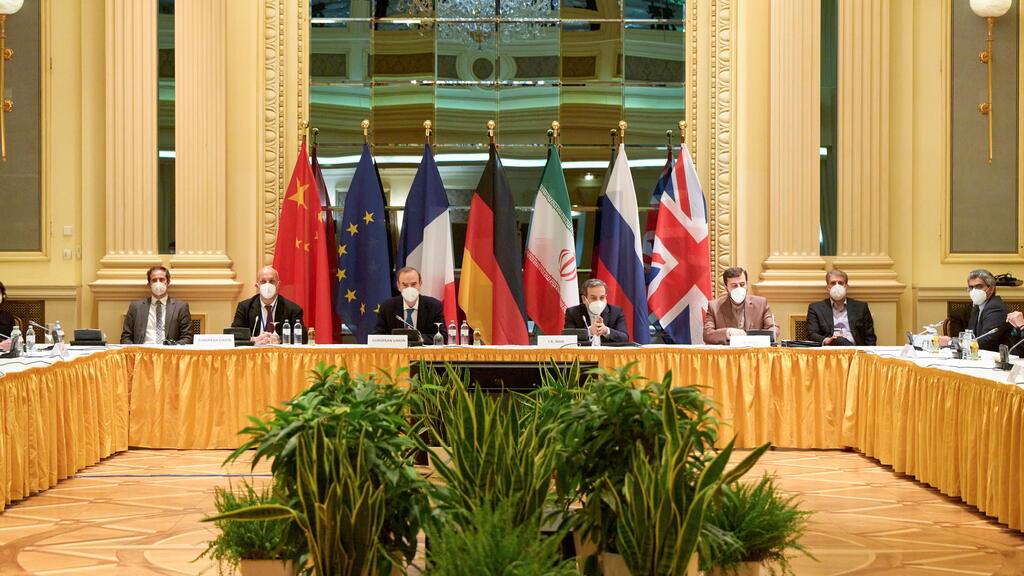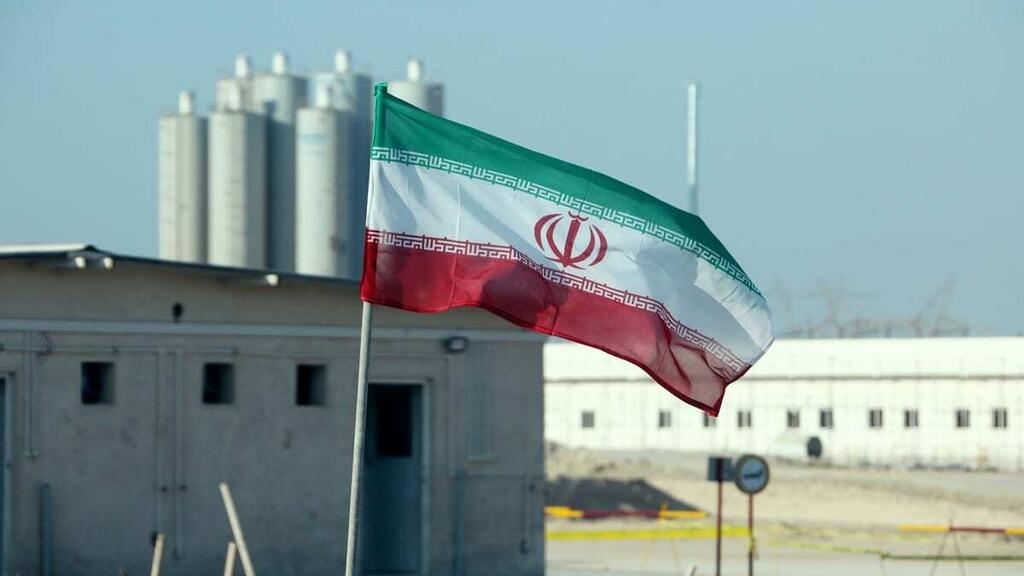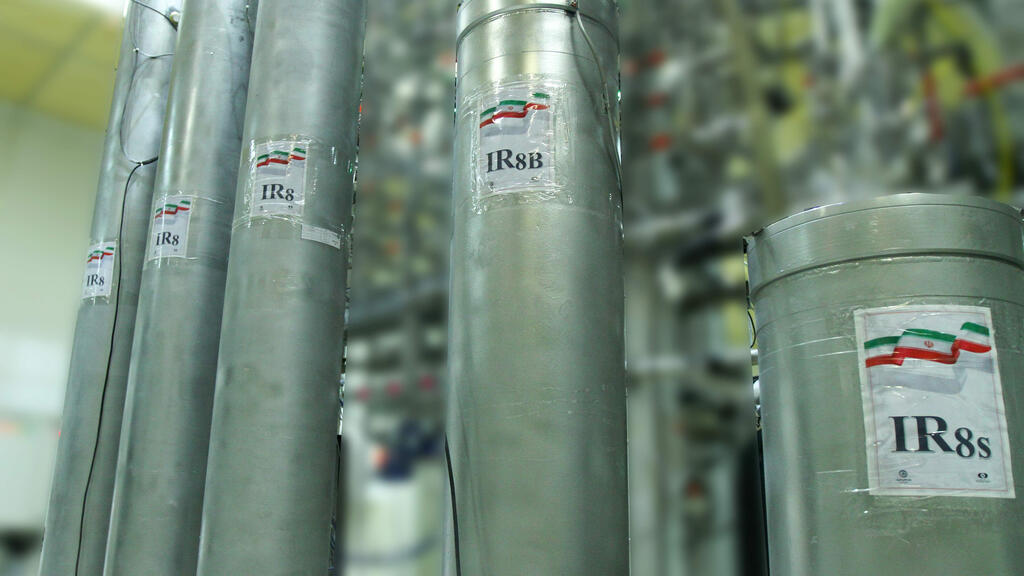U.S. President Joe Biden's administration on Friday restored sanctions waivers to Iran to allow international nuclear cooperation projects, as indirect American-Iranian talks on reviving the 2015 international nuclear deal with Tehran enter the final stretch.
The waivers had allowed Russian, Chinese and European companies to carry out non-proliferation work to effectively make it harder for Iranian nuclear sites to be used for weapons development. The waivers were rescinded by the United States in 2019 and 2020 under former President Donald Trump, who pulled out of the nuclear agreement.
3 View gallery


World powers meet in Vienna with Iranian delegation on U.S. return to the 2015 nuclear deal, last April
(Photo: Reuters)
The State Department has sent a report signed by Secretary of State Antony Blinken to Congress explaining that restoring the waivers will help the talks in Vienna on returning to the tattered deal - dubbed the Joint Comprehensive Plan of Action (JCPOA).
"The waiver with respect to these activities is designed to facilitate discussions that would help to close a deal on a mutual return to full implementation of the JCPOA and lay the groundwork for Iran's return to performance of its JCPOA commitments," according to the report, a copy of which seen by Reuters.
"It is also designed to serve U.S. non-proliferation and nuclear safety interests and constrain Iran's nuclear activities. It is being issued as a matter of policy discretion with these objectives in mind, and not pursuant to a commitment or as part of a quid pro quo," the report said.
The activities, according to the report, include redesign of Iran's Arak heavy-water reactor, the preparation and modification of its Fordow facility for stable isotope production, operations, training and services related to its Bushehr nuclear power plant, among several other things.
The waiver was needed to allow for technical discussions that were key to the talks about a return to the deal, said a senior State Department official, also speaking on condition of anonymity. The official added that restoring the waiver was not a signal that the United States was on the verge of reaching an understanding to return to the deal.
Israel, on its part, has previously warned that sanctions relief for Iran could mean 'terror on steroids', adding it would not be bound by any agreement reached in the nuclear talks with Iran and sees itself free to act against the threat to its security from the Islamic Republic.



